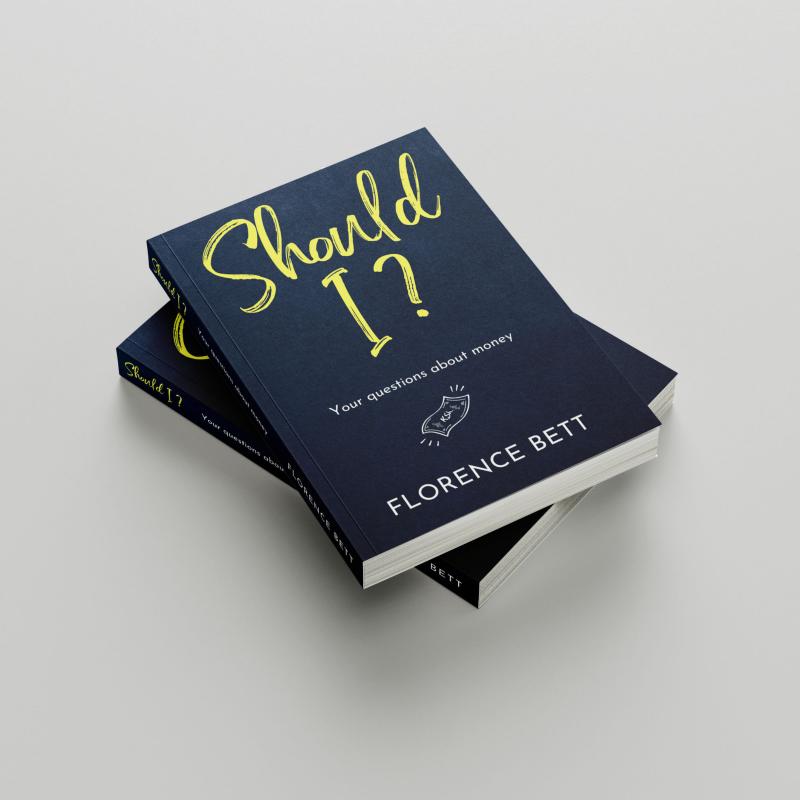×
The Standard e-Paper
Smart Minds Choose Us

Florence Bett's personal finance book 'Should I?' [File]
Should I take a loan to buy a car? Should I save or invest? Should I borrow money from my partner? How much should I send my parents? What should I know before joining a Sacco? Should I engage a financial planner to manage my money? How much do I need to retire? These are some of the pertinent questions that 37-year-old personal finance expert Florence Bett-Kinyatti answers in her three-part book, Should I?